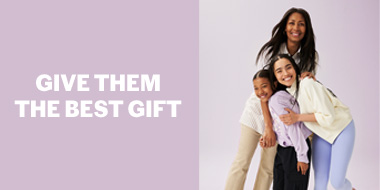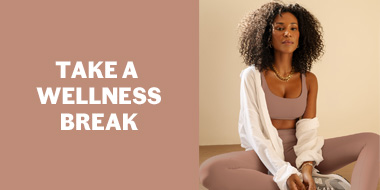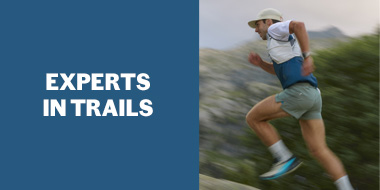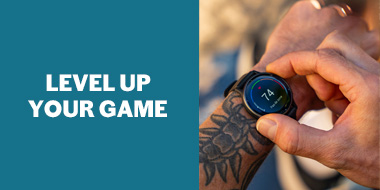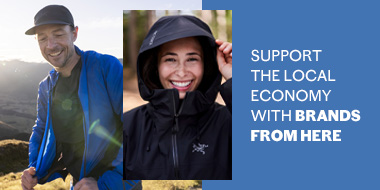-
Featured
- Featured
-
Women
- Women
-
Men
- Men
-
Children
- Children
-
Sports
- Sports
-
Training
- Training
-
Outdoor Activities
- Outdoor Activities
-
Bags and Equipment
- Bags and Equipment
- Deals
- Deals
-
Brands
- Brands

